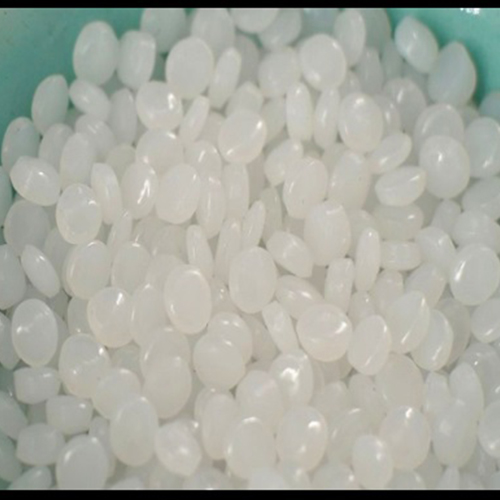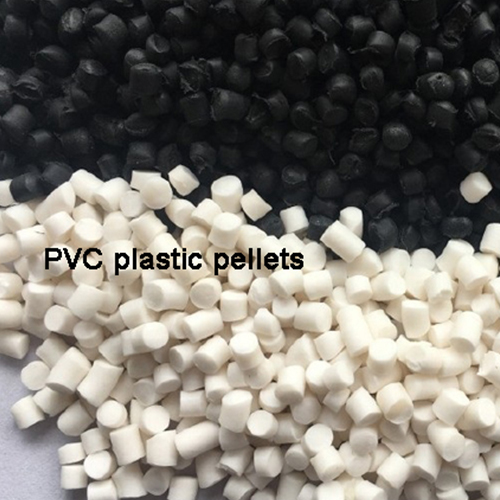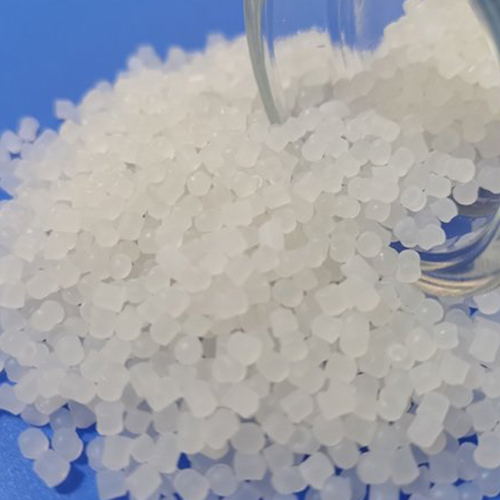
Polyethylene is a common insulating material with good electrical and physical properties. It has high thermal stability and chemical resistance and can be used over a wide temperature range. Polyethylene insulation is commonly used in low-voltage applications such as wires and cables inside homes and buildings.

PVC is a commonly used insulating material with good electrical insulation properties and mechanical strength. It has low cost and easy processing, and is widely used in low to medium voltage power cables, communication cables and control cables. However, PVC is less resistant to heat and flame.

Cross-linked polyethylene is an insulating material formed by chemically or physically cross-linking polyethylene molecules. It has excellent electrical properties, high temperature stability and heat resistance, and can withstand high voltage and current loads. Cross-linked polyethylene is widely used in medium and high voltage power cables and power transmission and distribution systems in the industrial sector.
Butyl rubber is an elastic insulating material with excellent electrical properties and chemical resistance. It maintains good flexibility and elasticity over a wide temperature range, so it is often used in power cables and control cables in high temperature and vibration environments.
Cross-linked polyolefin is a new type of insulation material, mainly composed of cross-linked polyethylene and polyolefin copolymer. It has excellent electrical properties, thermal stability and weather resistance, and is suitable for medium and high voltage cables and cable applications in special environments.
In addition to the common types of insulation materials mentioned above, there are also other special-purpose insulation materials, such as fluoroplastics (such as polytetrafluoroethylene), silicone rubber, flax fiber insulation, etc. Selecting the appropriate insulation material requires considering factors such as the environmental conditions, rated voltage and current load of the cable, and following the recommendations of relevant standards and specifications.
Mobile/Whatsapp:
+8618339938759Email:
[email protected]Get A Free Quote
Submit Request
PDF Request